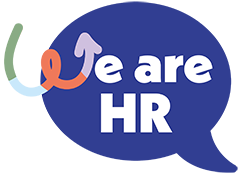
- Qualifications
- CIPD Qualifications
- CMI Qualifications
- CMI Level 5 Award Management & Leadership
- CMI Level 5 Certificate Management & Leadership
- CMI Level 5 Diploma Management & Leadership
- CMI Level 7 Award Strategic Management & Leadership Practice
- CMI Level 7 Certificate Strategic Management & Leadership Practice
- CMI Level 7 Diploma Strategic Management and Leadership Practice
- CIPD Qualifications
- Business Solutions
- About Us
- Blog
- Contact Us

